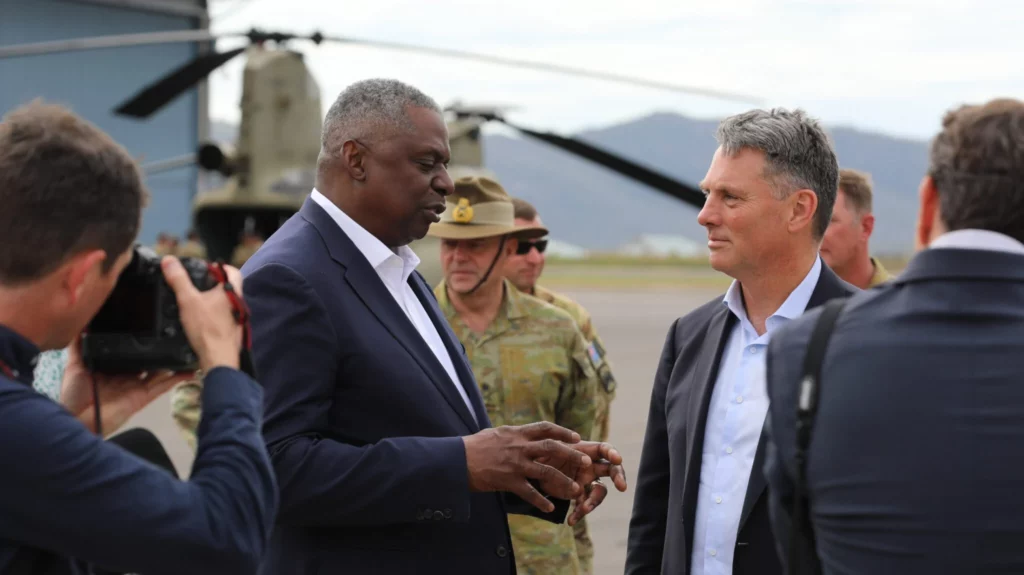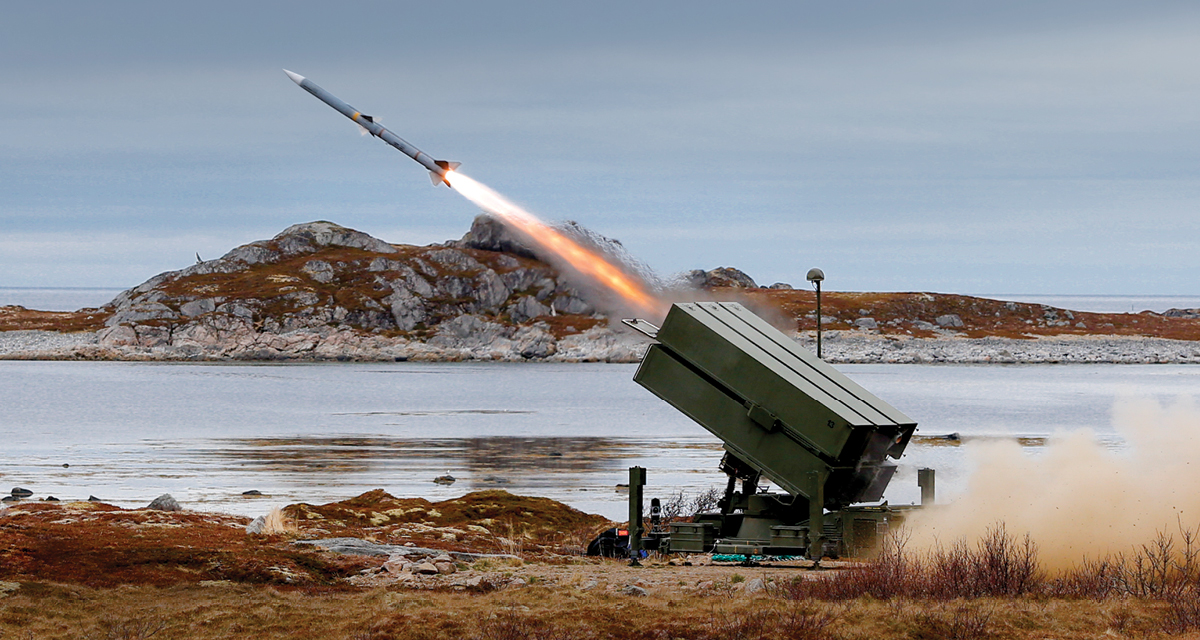EUA está planificando la implementación de acuerdos de Desarrollo, Producción y Sostenimiento de sistemas de armas, con países aliados. El conflicto en Ucrania ha puesto en estado de alerta a las autoridades responsables de la Base Industrial de Defensa de ese país, al mostrar severas deficiencias logísticas y una preocupante disminución de los stocks de insumos indispensables para la guerra, como son las armas y sus municiones. La implementación de capacidades de fabricación de vectores de artillería GMLRS en Australia o el acuerdo entre RAYTHEON (EUA) y RAFAEL (Israel) de la “versión americanizada” del misil Interceptor israelí TAMIR, son algunos de los primeros avances en este esfuerzo por disponer de líneas de “Co – producción” con otros países.
WASHINGTON —The United States is planning to announce a slew of new weapon co-production deals with governments around the globe, according to the Pentagon’s top acquisition official.
“We’ve got multiple initiatives that are going to be coming out, [that] you’re going to be hearing about in the next few months, probably, including in European countries [and] including things that are going to be produced in this country that were a product from overseas,” Undersecretary of Defense for Acquisition and Sustainment Bill LaPlante, told reporters on Monday during a National Defense Industrial Association conference.
“Where we’re headed is co-development, co-production, and co-sustainment with our partners,” he added.
The war in Ukraine has exposed logistics challenges and munitions shortages, and propelled the push for some countries to explore such co-production deals, especially those wary about the potential for conflict in the Indo-Pacific region. In late July, for example, US and Australian officials took a leap forward when they announced plans to produce Lockheed Martin’s Guided Multiple Launch Rocket System (GMLRS) munitions down under.
“The Australia example of the GMLRS is something that’s going to be real and… you’re going to see multiple examples of this in the next year… where a country is going to announce, with our help, or maybe without our help” such deals, LaPlante said.

“You’re gonna see announcements about production lines being started up in Europe, you’re gonna see co-production lines being stood up, some of them in the United States, that will be supporting places overseas. We’re putting a whole bunch of those together,” he said.
LaPlante did not provide details on which countries may soon be producing US systems or which weapons are being eyed first, though munitions like ones for the GMLRS are likely top contenders.
But as LaPlante noted, it isn’t a one-sided arrangement, and the US may soon be assembling new foreign weapons on its soil. Some such deals, though, are already in place, like a teaming agreement between Raytheon and Israel’s Rafael Advanced Defense Systems to produce an Americanized version of Iron Dome’s Tamir interceptors here. In late July, the Marines said they had visited a potential production facility for that munition in Arkansas.
Writing in an opinion piece for Breaking Defense in March, Aleksandar Jovovic, a defense analyst at the Oliver Wyman consultancy, noted, “In the wake of the Ukraine invasion, we are witnessing a groundswell of support for innovation in the defense supply chain — both domestic, and increasingly, international. While ‘friend-shoring’ or ‘near-shoring’ — sourcing diversification to allies or friendly nations nearby — is far from a new idea, this moment seems uniquely primed to advance the concept, if the US and its allies are willing to seize the moment.”
If LaPlante’s preview is anything to go by, it appears the Pentagon agrees.
Fuente: https://breakingdefense.com


